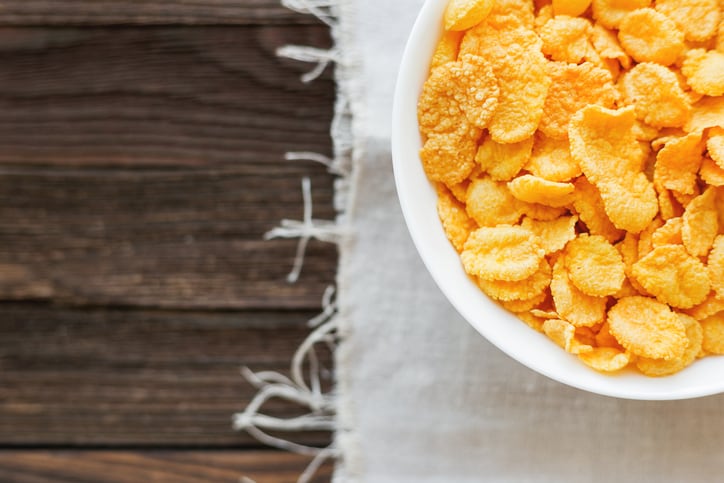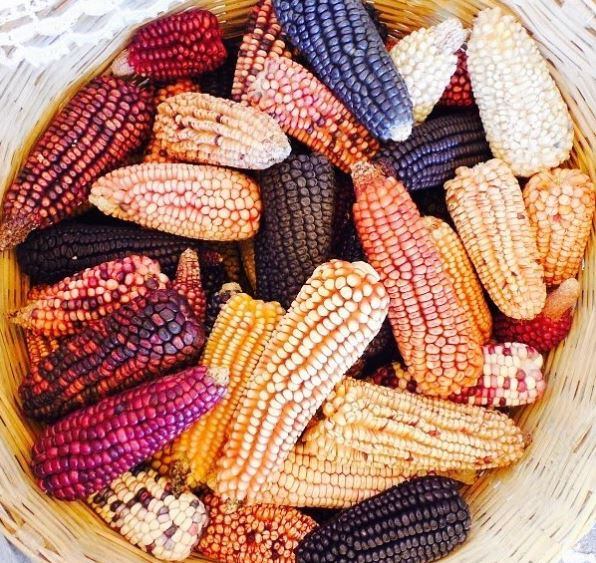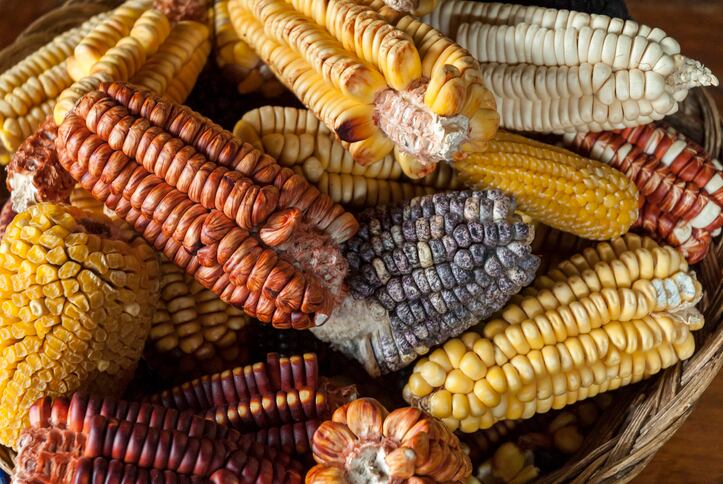The Kellogg Company said independent and external auditors have verified that Argentinian farmers growing flint corn, the variety used for Kellogg’s corn flakes, have implemented its environmental and social best practice criteria.
The claim ‘made with responsibly sourced corn’ has therefore been added all packets of corn flakes sold in Europe.
The cereal manufacturer has developed its own standards for sustainable sourcing (Responsibly Sourced Protocol and Guidance) that it says are based on similar criteria from “existing and well-recognized industry groups”, it said.
This commitment to source corn for corn flakes responsibly, however, applies only to cereal products destined for the European market and not Latin American countries.
“Responsibly sourcing our ten priority ingredients is a global commitment, as part of the Kellogg’s 2020 sustainability commitments,” a spokesperson for the Kellogg Company told FoodNavigator-LATAM. “We are responsibly sourcing in all of our regions, but not all have been third-party verified against this protocol.”
A 'specialty crop' in Argentina
To make corn flakes for the European market, Kellogg’s buys between 70,000 and 80,000 metric tons of flint corn grits from DACSA Group, a Spanish supplier.
DACSA sources the corn indirectly from 47 farmers in Argentina via farmer cooperatives or grain companies who contract farmers.
According to Kellogg, although DACSA does not hold direct contracts with the growers, the supplier knows which growers grow flint corn because it is a specialty crop that is not usually grown in Argentina. “Argentina grows mainly GMO corn. Flint corn is non-GMO,” reads a 2018 report on corn sourcing.
The protocol
In its responsible sourcing protocol, Kellogg sets out six conservation practices and asks its farmers to meet four. For instance, it asks that farmers have at least 60% conservation tillage; 40% cover crops and/or continuous cover; 20% buffer strips; and 50% conservation irrigation practices, either drip, channel, or rain fed.
“For the Argentina project, we reached the targets for conservation tillage, buffer strips, the nutrient management plan, and conservation irrigation practices, [while] 38.5% of acreage reported cover crops or continuous cover,” the spokesperson said.
Almost all (98%) of the corn Kellogg buys from Argentinian farmers is rain fed, she added.
Under its responsibly sourced criteria, the manufacturer does not make specific recommendations or requirements on pesticide usage.
“Instead, we encourage an integrated pest management plan, which supports a holistic approach with a goal of minimizing impact to humans and the environment by balancing natural pest deterrents, chemical application, and appropriate application timing.”
LATAM markets for corn flakes
Brazil and Mexico are the two biggest consumer markets for Kellogg's corn flakes in Latin America.
The manufacturer said it sources corn for corn flakes for the Mexican market according to "local and responsible sourcing practices" with the support of the International Maize and Wheat Improvement Center (CIMMYT).




